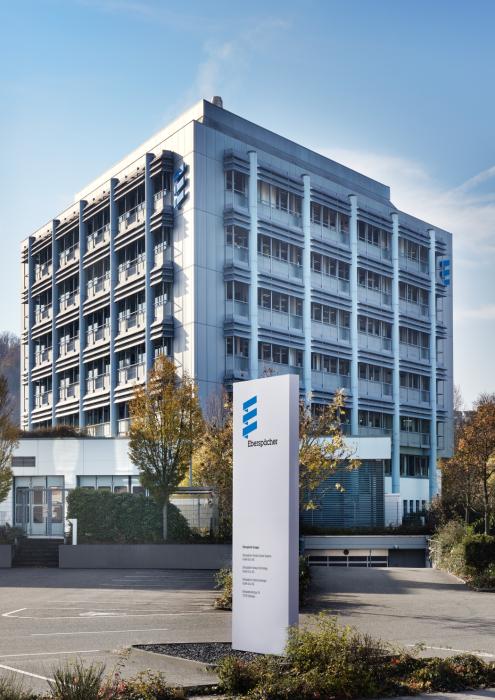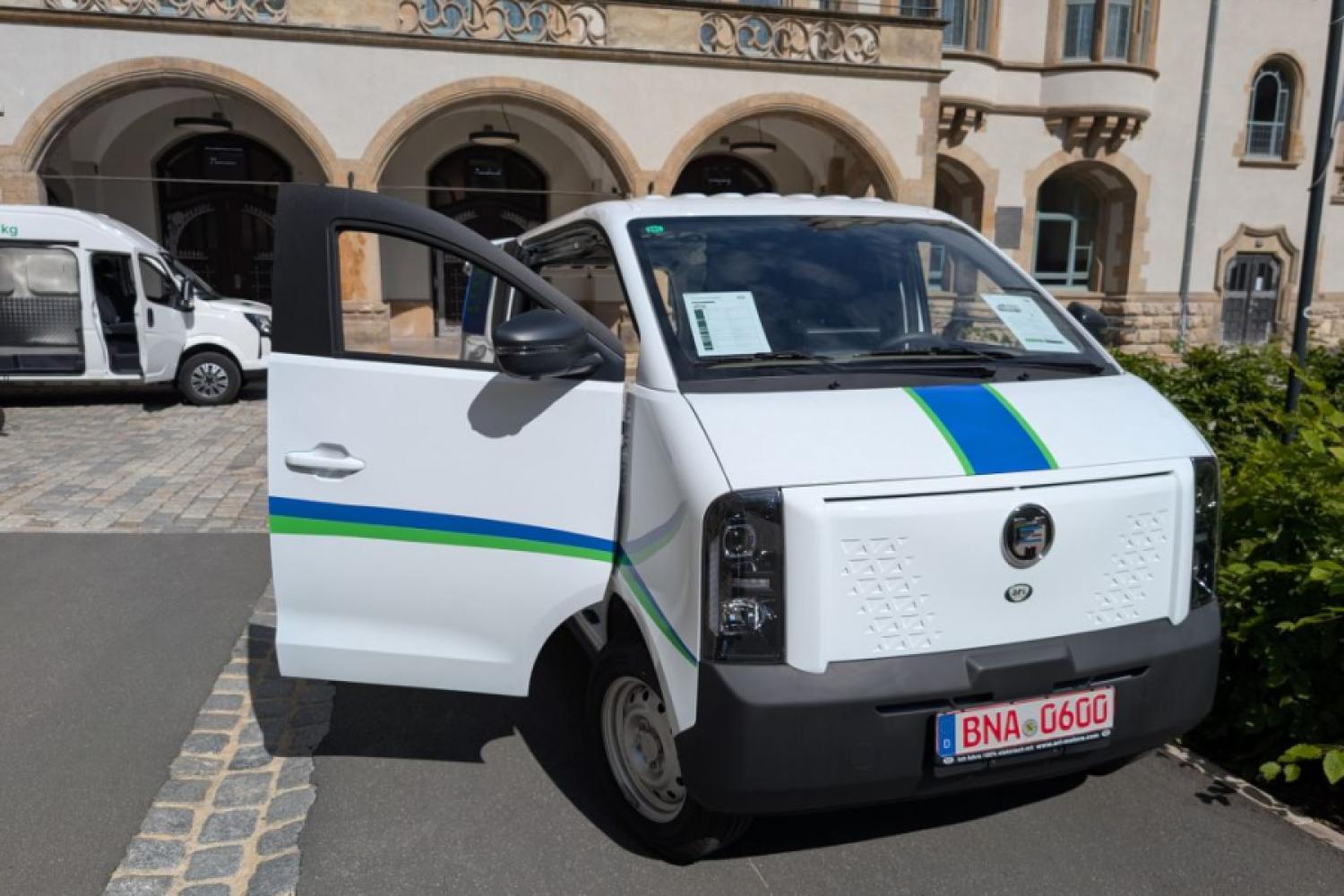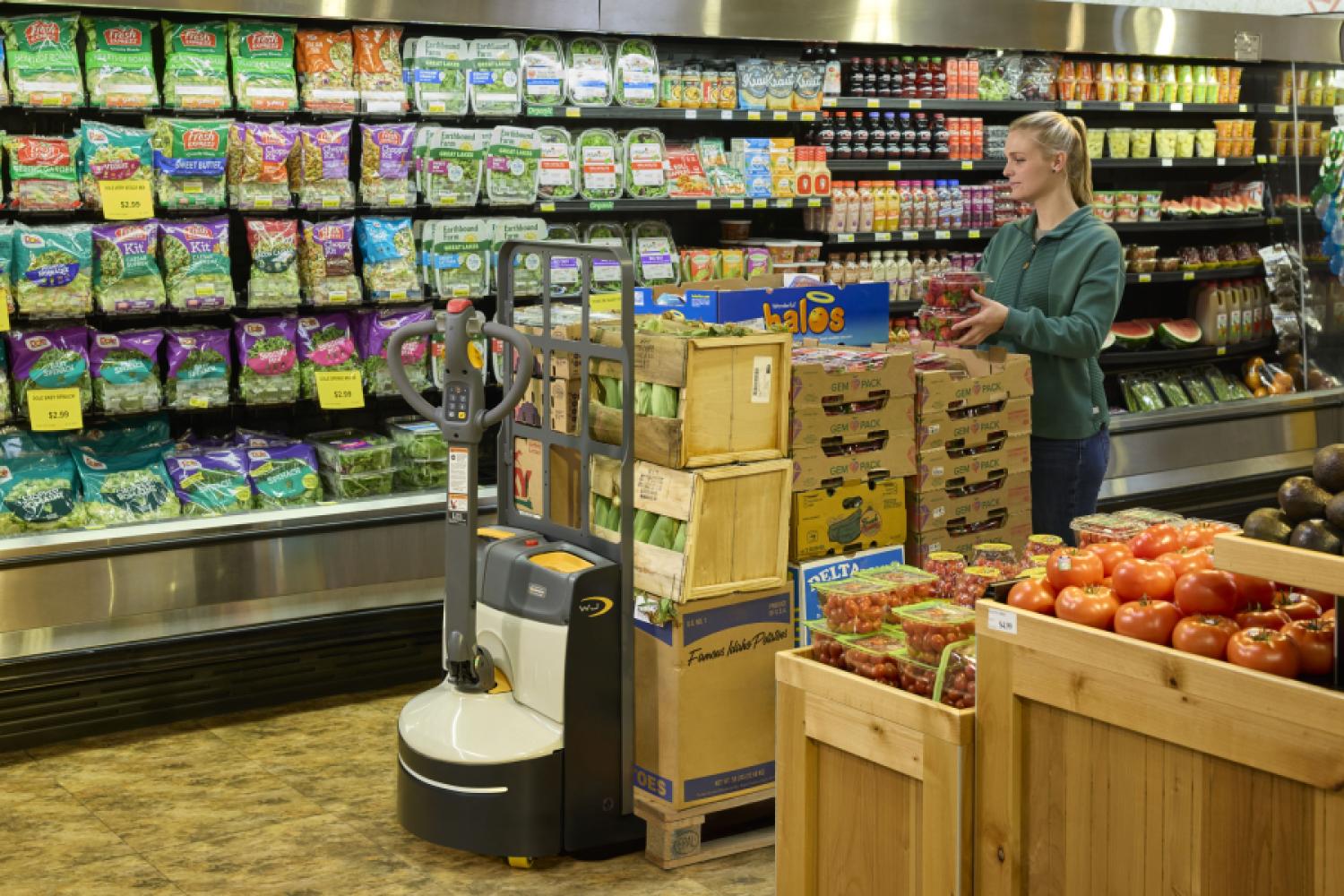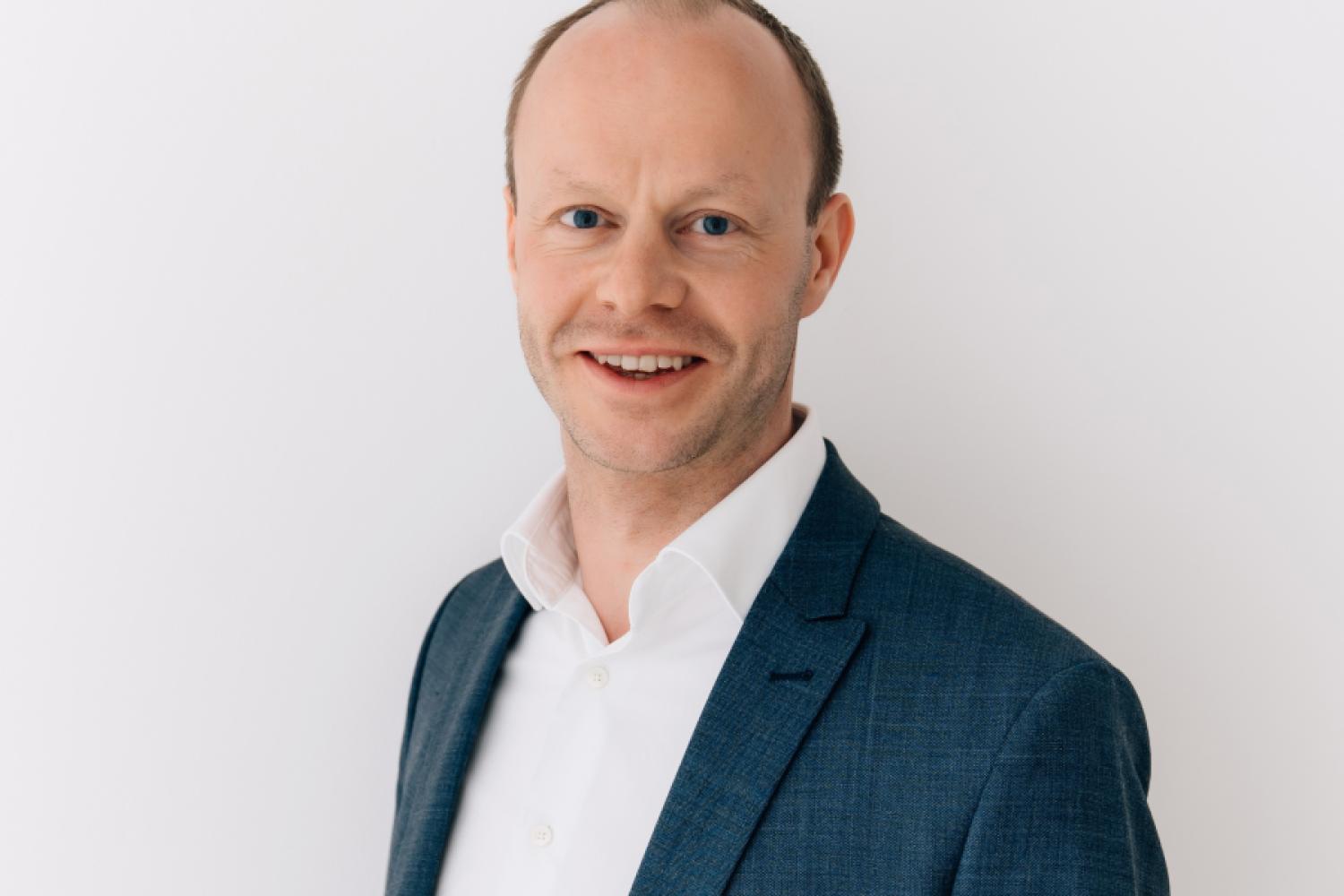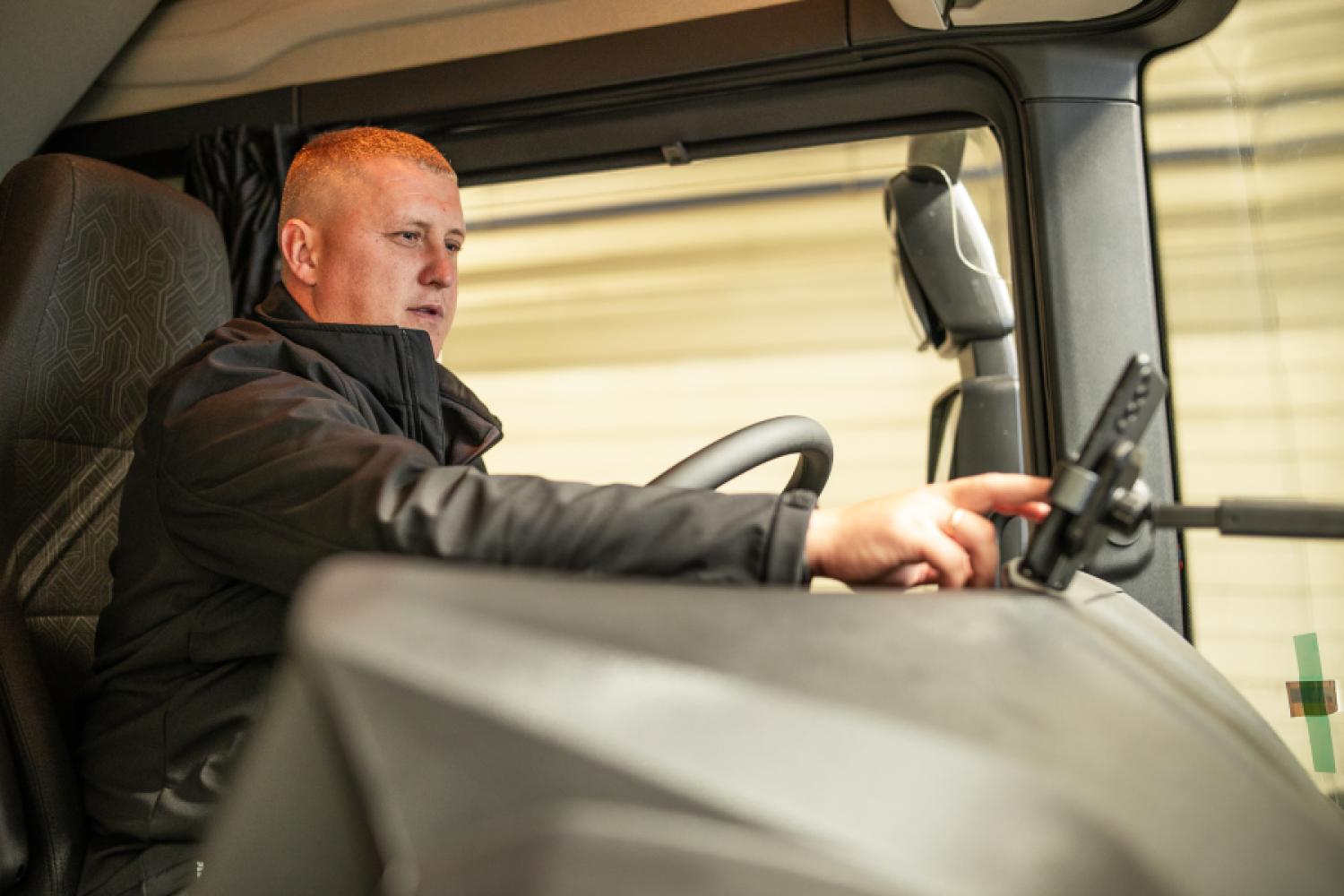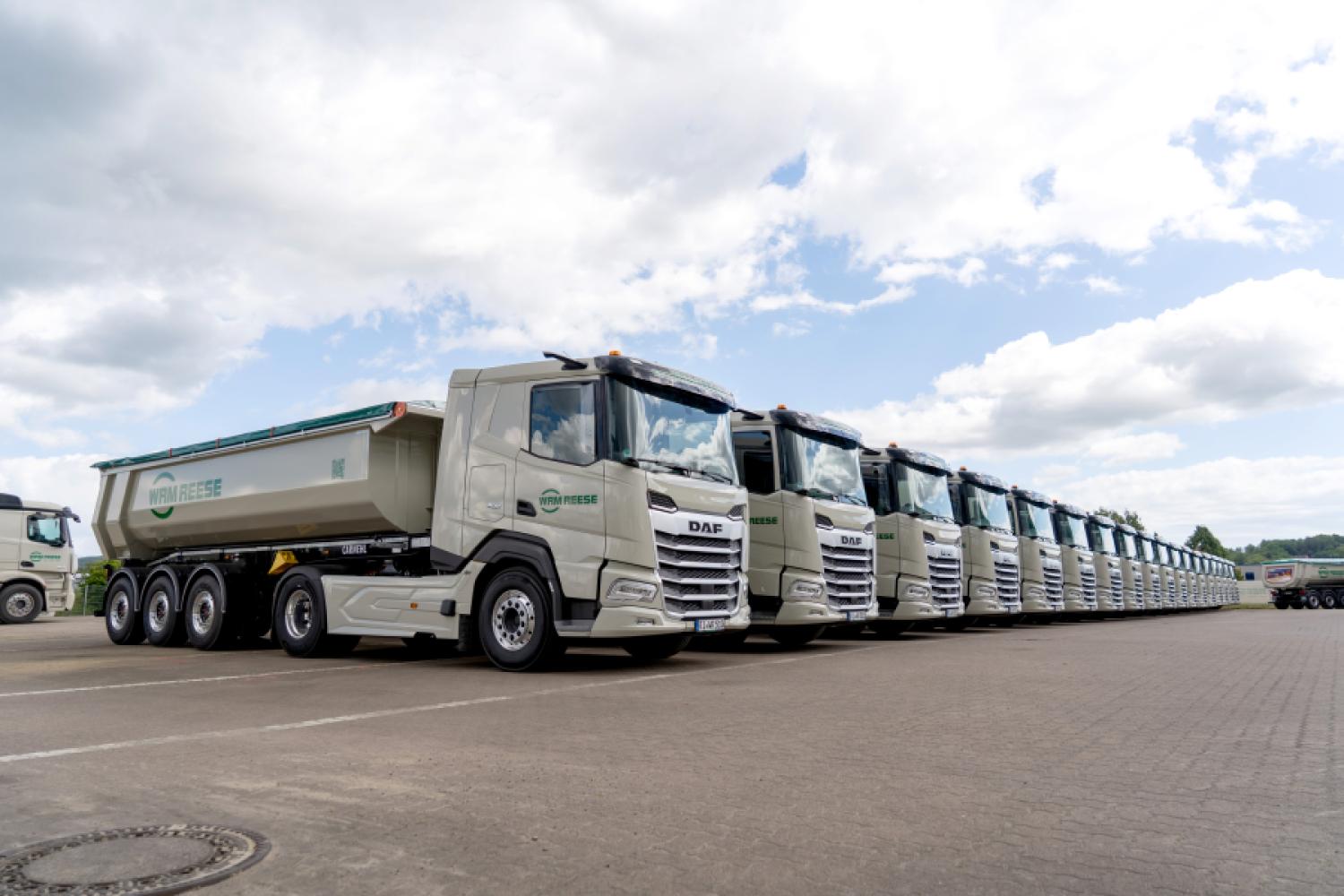Due to challenging business conditions, the company from Baden-Württemberg, specialized in exhaust technology, vehicle electronics, and thermal management, reports in its 2024 business report that losses have been made in all areas. Eberspächer shows a gross revenue 16 percent lower compared to the previous year, which translates to about one billion euros less. The result is attributable to restructuring amidst the electromobility "transformation." However, the group, which currently has around 10,700 employees and is headquartered in Esslingen, is also pleased about the tighter internal structures that the automotive industry revolution has achieved:
“Despite a challenging fiscal year 2024 and declining revenues in all business areas, the Eberspächer Group is successfully continuing its transformation. With significant operational improvements and a clear focus on manufacturing excellence, the company is unlocking new business fields,”
the press release states.
Decrease in demand for e-mobility components
The Eberspächer Group attributes the disheartening business result to global uncertainties and a declining international industrial production “especially in the second half of the year.” Contrary to expectations, there is especially low demand for products for e-mobility. Specifically, the corporate group reports for 2024 a revenue of 5.33 billion euros, which is 16.0 percent less than the previous year: In 2023, approximately 6.35 billion euros were recorded. Accordingly, the net revenue came to 2.73 billion euros – 9.0 percent less. “This development is
due to changes in the product mix and thereby to a lower proportion of pass-through items and lower precious metal prices,” it is reported.
Adjusted for "special effects and one-time expenses in the course of the transformation," the group achieves an operating result of 114.1 million euros: this is roughly twice as much as the previous year with 58 million euros. The improvements in this area are due to massive internal structural changes. Eberspächer summarizes:
“Despite the revenue decline, the operating result could be significantly improved. Contributing significantly to this were cost-cutting and restructuring measures initiated as well as a consistent focus on manufacturing excellence in the worldwide plants.”
Consistently continue the course
The family-owned company, which currently indicates a total number of 10,700 employees for its approximately 80 locations in 30 countries and thus about 500 less than in 2023, currently employs about 3,600 people in Germany according to its own statements. 40 worldwide production sites are mentioned. Only in January 2025 was there a report of a failed lawsuit by the Eberspächer works council against dismissals due to business conditions in connection with the closure of a German site. The Herxheim plant is to be closed in autumn 2025 due to lack of demand for electric vehicles.
The supplier, generating its largest revenue of more than 75 percent in the area of
exhaust technology, now wants to continue its "technology-open" strategy. CEO Martin Peters:
“We continue to pursue our course of technology openness. We are fundamentally a technology provider and transfer existing know-how into new business fields, also beyond the automotive industry. This opens up opportunities for long-term success amidst changing market conditions.”
About one and a half years ago, the company began transforming and gradually downsizing the management. Today, the family business, founded in 1865 and counted among the world’s leading providers of exhaust technology and thermal management solutions for the automotive industry, is managed by only four executives. In an interview with the Esslinger Zeitung, the current managing directors Jörg Steins and Martin Peters commented early in the year on the business environment and stated that, unlike in previous years, there is a need today to adapt significantly faster to changing market conditions.
A special task is seen in the business relationships with Chinese manufacturers with their completely different ideas, business models, and especially accelerated processes. Only in January 2025 was the area of components for electromobility strengthened with the opening of a new plant in Poland for the production of climate systems for e-buses.
Source of income hydrogen
Alongside electromobility, Eberspächer’s new business fields within the scope of technology openness also include hydrogen. To advance this complex technology, a first SOEC (Solid Oxide
Electrolysis Cell) pressure vessel was recently presented as part of a concept for the industrial production of high-temperature electrolyzers. In these vessels, as the "heart of electrolysis technology," hydrogen is generated through chemical reaction.
“Simplified explanation: steam is fed into the cell, which is split into hydrogen and oxygen with the help of electricity. The resulting hydrogen can be used for various applications – and thus various markets,”
states the related press release. These markets include those for chemical products, steel manufacturing, or even e-fuels for mobility. With these activities, the company claims it wants to support "green hydrogen production." The development is based on the strategic partnership of the exhaust technology-specialized division Purem by Eberspächer with Topsoe, a Danish company dedicated to technologies for the transformation of the energy sector. “The first two four-tonners were delivered by the exhaust and acoustics specialist of the corporate group to the Danish technology company in early June.”
In its outlook, the family company assesses the current fiscal year as still tense due to volatile markets – and wants to maintain its agility by continuing the path embarked upon several years ago:
“Our focus lies on maximum flexibility in our actions as well as on increasing efficiency and competitiveness in the core business. The transformation measures initiated in recent years are unfolding their effect,”
Martin Peters concludes.
